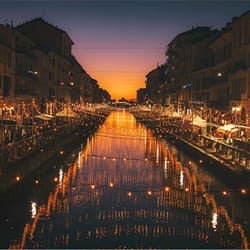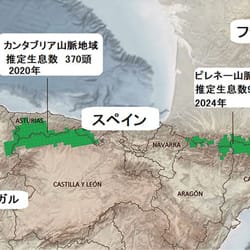- 2021.02.10
- DPCM normative madness
Today, unfortunately, the pandemic has reached worldwide a record number of infections but, after the first lockdown which started in March and ended in May, the Italian politicians are unfortunately proving their inability to plan and manage the situation.
This is not a political post because no matter the political orientation of the party in charge it seems they cannot get a hold of the current situation.
The truth is that Italy has remained the same as that of the first days of May, with serious issues in terms of essential countermeasures such as the failure to enhance the offer of intensive care, the unsolved transportation problem (the buses and trains are still overcrowded although they should run at 50% capacity) and many restaurants, shops and gyms owners who were forced to close still haven’t received a reimbursement (which was promised) from the government.
And while among the Italians the feeling of going towards a new total lockdown is growing, there are those thousand inconsistencies related to the management of this emergency starting with the troubled state-regions relationship while new decrees come out every week without even giving people the time to get adjusted to the previous ones.
The municipalities, on the one hand accuse of not having been involved in the top decisions and, on the other hand, complain that they have too many responsibilities on closures.
As I aforementioned, there is a sort of DPCM (Italian Ministerial Decree) normative madness that we have been witnessing for months now, with different rules to curb contagions announced basically every other day while trying to explain that each choice needs at least two weeks of time in order to unfold its effects.
Just last weekend, the government issued an administrative order confirming the provisions regarding the closure of medium and large shopping areas and shops not selling essential goods inside the shopping centers on weekends and days before holidays and weekends.
In the decree, it is specified that on weekends in big shops only the sale of drugs and food is allowed: this means that the sale of the other products is forbidden and by law such products must be made unavailable to the customers by wrapping them up with tape or bubble wrap. The rule also applies to large supermarkets where in addition to food it is possible to find other types of goods (clothing, toys, stationery…) which cannot therefore be sold those days. Nobody understands why but the funny (and a bit ridiculous thing) is that a friend of mine needed drinking glasses on a Saturday but he couldn’t buy them as they are not considered essential goods apparently…a pot is considered essential but not a drinking glass so he could buy a pot or a plate but not glasses so the salesperson just told him ‘you’ll drink from the tap I guess.’ Absolutely crazy and funny!
During the months of the lockdown, supermarkets and shopping centers had blocked the sale of all these items for the whole week, not just on weekends because according to national provisions regulations all non-food and non-essential stores were completely closed and to avoid unfair competition to small businesses supermarkets were forced to stop the sale of many items for this reason but now it doesn’t make any sense.
The new ban is meant to reduce the flow of people going to supermarkets and shopping malls on weekends and aims at reducing the number of shoppers to avoid crowds but it’s nonsense because those people who wish to just ‘take a walk’ will go regardless of whether they can buy a marker or a bottle of water and not being able to buy certain goods is actually pushing more and more Italians to shop online and give money to large online platforms rather than local shops that need business right now.






























































